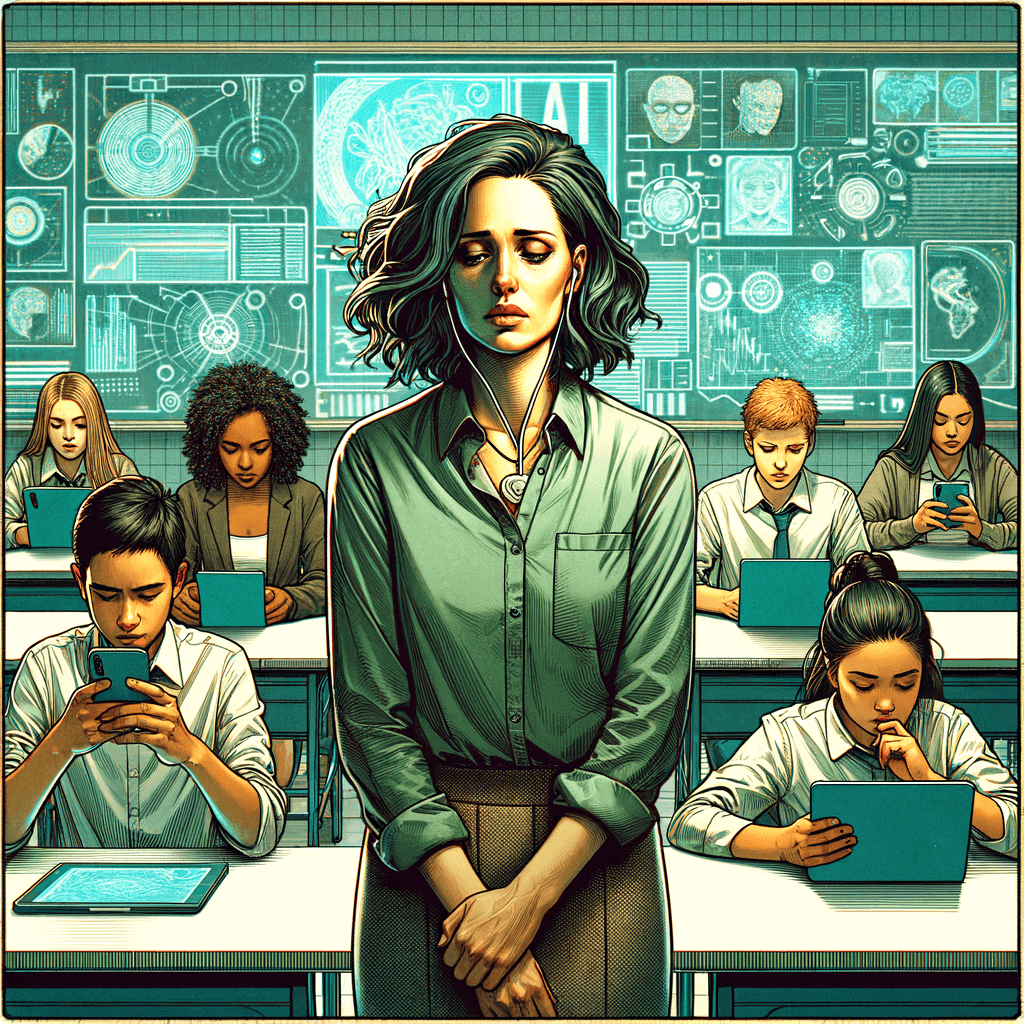The rapid advancement of AI systems like ChatGPT that can generate human-like content poses new questions around automation and its impact on education. How will the ability of bots to generate unique poetry, essays, stories, and more affect students’ learning?
Some important things to think about are:
Critical Thinking: Will students’ ability to think critically be hampered if they depend on AI to produce ideas and content? It is still crucial to encourage logic and analysis.
Creativity & Imagination: Will students continue to develop their own imaginations if AI is able to produce an infinite amount of creative works? Teachers need to stress the importance of human ingenuity.
Writing Skills: How will students develop true competency if they employ AI writing assistants? We need to impart writing skills and the ethics of correct attribution.
Self-Efficacy – If students get accustomed to leaning on algorithms, how will this affect their confidence in their own abilities? Building self-efficacy and resilience is important.
When thinking of the impacts automation already has on educators
- Deskilling – Over-reliance on automated grading, lesson plans, etc. could erode teachers’ skills and professional judgment over time. This could undermine confidence and self-efficacy.
- Dehumanization – Losing human touchpoints in teaching through automation may make teachers feel more like data-entry clerks than mentors. This could hurt job satisfaction.
- Disempowerment – If administration increases automated solutions without teacher input, they may feel disempowered and lack autonomy. This damages motivation.
- Disconnection – Students need human relationships and individualized support. Automation that disrupts teacher-student bonds could affect teachers’ sense of purpose.
- Displacement – Automation replacing certain tasks or roles can create job uncertainty. This causes psychological stress and anxiety.
Educators must:
- Develop assignments that focus on student voice, perspective and critical analysis over rote fact-based tasks.
- Guide students to use technology ethically and leverage it as a tool rather than a crutch.
- Foster a growth mindset and emphasize that real learning develops over time through practice.
- Advocate for school policies and honor codes that address appropriate use of AI.
The rise of generative AI brings new opportunities and risks. But by teaching students to critically evaluate information, develop clear writing, think independently, and use technology as a supplement rather than substitute, we can realize the promise of AI while cultivating essential human abilities.
The future remains bright when education adapts to amplify humanity alongside technology.
